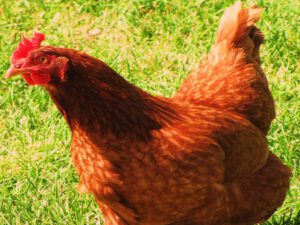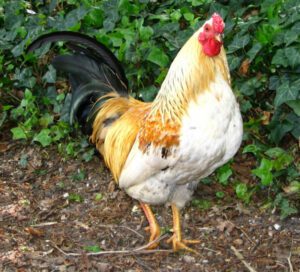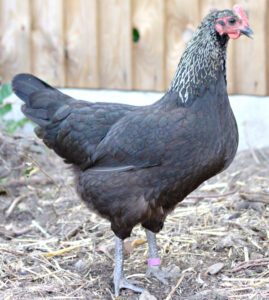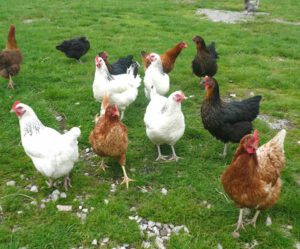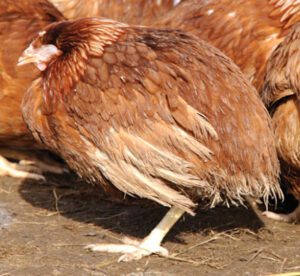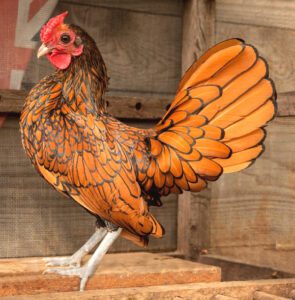If you want to produce some fresh eggs by your own, you need to raise some laying hens. Nowadays, many people are raising some hens on their backyard flock.
You can start raising through buying some laying hens or pullets that are female chickens and have not started laying eggs yet.
Remember that, roosters are not necessary for egg production, unless you wish to produce fertile eggs for producing chicks.
Raising Laying Hens & Pullets
For producing and raising chicks, roosters are must. However, learn about raising laying hens and pullets together.
Purchasing Chickens
Purchasing pullets or laying hens from a commercial hatchery is always a best idea. Find out some of your nearest hatcheries, contact with them and order some chicks of your desired breed.
If you are a beginner in raising laying hens, try to learn more about the best egg laying chickens for beginners. Before purchasing, ensure that the birds have received the basic vaccinations.
Never order a “straight run,” although they are cheap, unless you want roosters. Always order and buy sexed pullets to ensure that all your birds are female.
Pullets
Depending on your chosen breeds, your chickens should start laying eggs within their 4 to 7 months of age. Laying also depends on the time of the year. Hens produce more in summer season and less in cold months.
Your pullets will appear fully grown with combs turning red and swelling and wattles during the time when they will be ready for laying eggs.
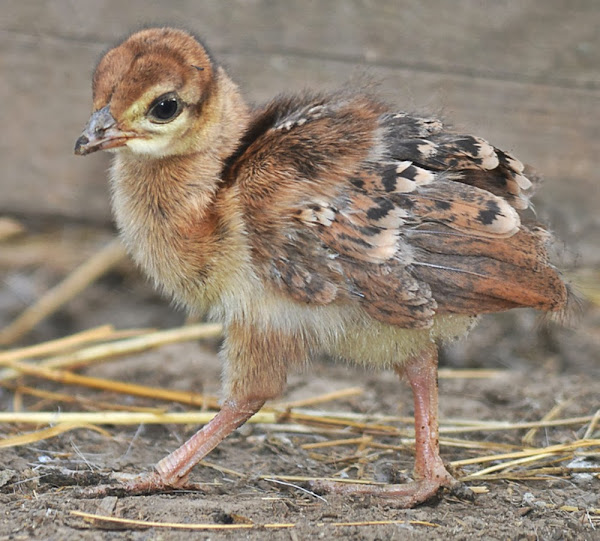
Although the number of eggs per week vary according to the chicken’s breed, your pullets will start laying several eggs per week when they will grow into hens during warmer months.
If you want continuous egg production from your hens in winter months, you have to manage 14 to 16 hours of lighting period for them.
Housing
You can raise your laying hens with other birds or in a separate house which is especially build for them. Whether they live with other birds or in a separate chicken coop, you must have to provide several nesting boxes full with shavings or hay inside your coop.
In case of special chicken coop, build the nesting boxes with 18 inches deep and about 10 to 12 inches square. Laying hens usually like a comfortable and safe place for laying their eggs.
Ensure sufficient number of nesting boxes for each hen. Overcrowding results cannibalism and other destructive behaviors. Make each nesting boxes for every 3 to 5 laying hens.
It will be better if you can facilitate your hens with foraging/browsing facility. You can easily make outside run for your laying hens by using chicken wire mesh.
Other types of mesh are usually larger and various types of predators can enter easily. So, always use chicken wire mesh only. Keep an eye on your hens if you let them have the run of your yard.
Breeding
Keeping one or few roosters on your flock is must for breeding purpose. You can also borrow one for this purpose. By keeping roosters in your flock, you can easily produce your own pullets.
But in case of breeding by your own, approximately half of your chicks will be male. So before breeding, decide what you are going to do with those male chicks.
You can sell them, raise the with your flock for meat producing purpose and raise them as pets. Keeping roosters in your flock have some advantages. Usually they become very protective and even die for protecting his pullets and hens from predators.
Caring
If you are an expert in raising laying hens, then you must know the basic care of them. For the beginners I want to say, basic chicken care is fairly simple.
Ensure availability of sufficient amount of nutritious feed and supply of fresh and clean water regularly. There are various types of commercial chicken feed available for different aged chickens.
Feed your chickens such type of feed which is appropriate for their age or life stage. For example, feed your chickens starter feed for the first few weeks and then feed them commercial grower feed.
When they start laying, feed them the feed mixture that is prepared for laying hens with availability of all types of necessary nutrients, vitamins and minerals. Also provide them with grit.
Laying hens like greens too. So try to add some fruits, treats and vegetables with their regular food. Clean their nesting boxes after a certain period on a regular basis. If possible, replace the old shavings or hay from the boxes.
Manage proper lighting facilities for your laying hens if you want egg production from them throughout the year round. Use artificial lighting for them during cold months.
You can use a 40 watt bulb for every 100 square feet flooring space of your chicken coop, hanging approximately 7 feet above the ground. Clean the house on a regular basis and sterilize chicken coop when you add new chicks or hens.

